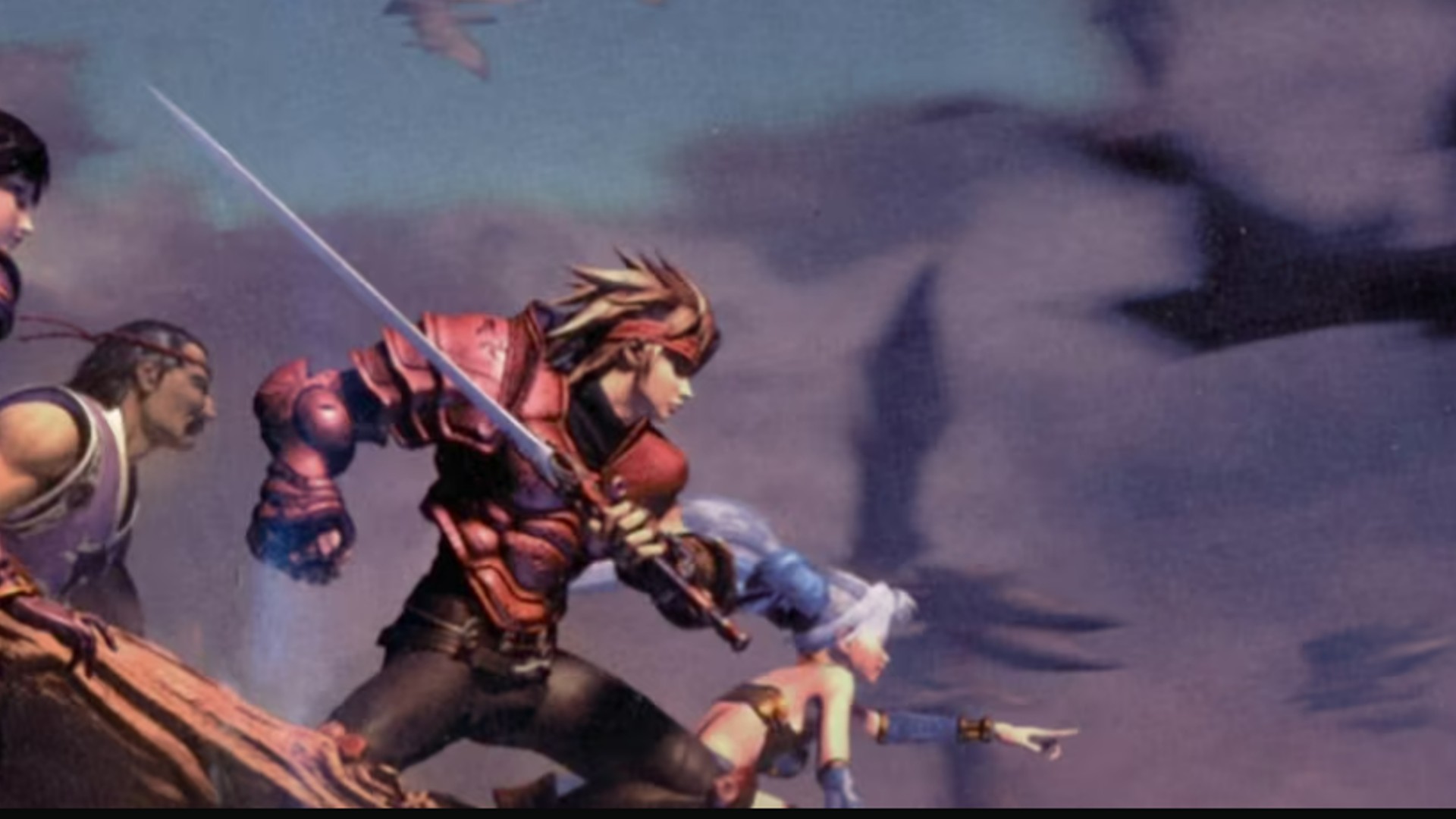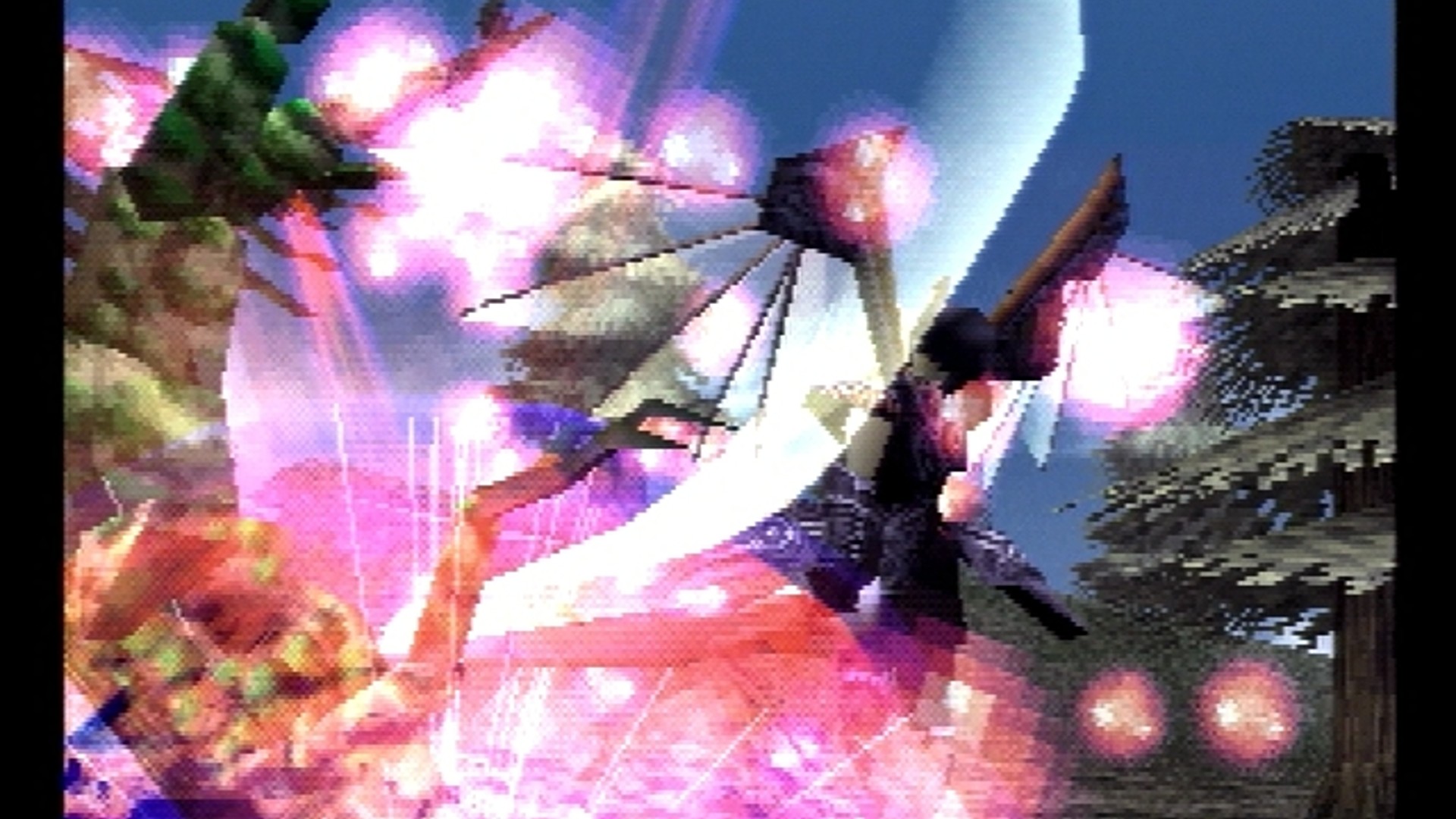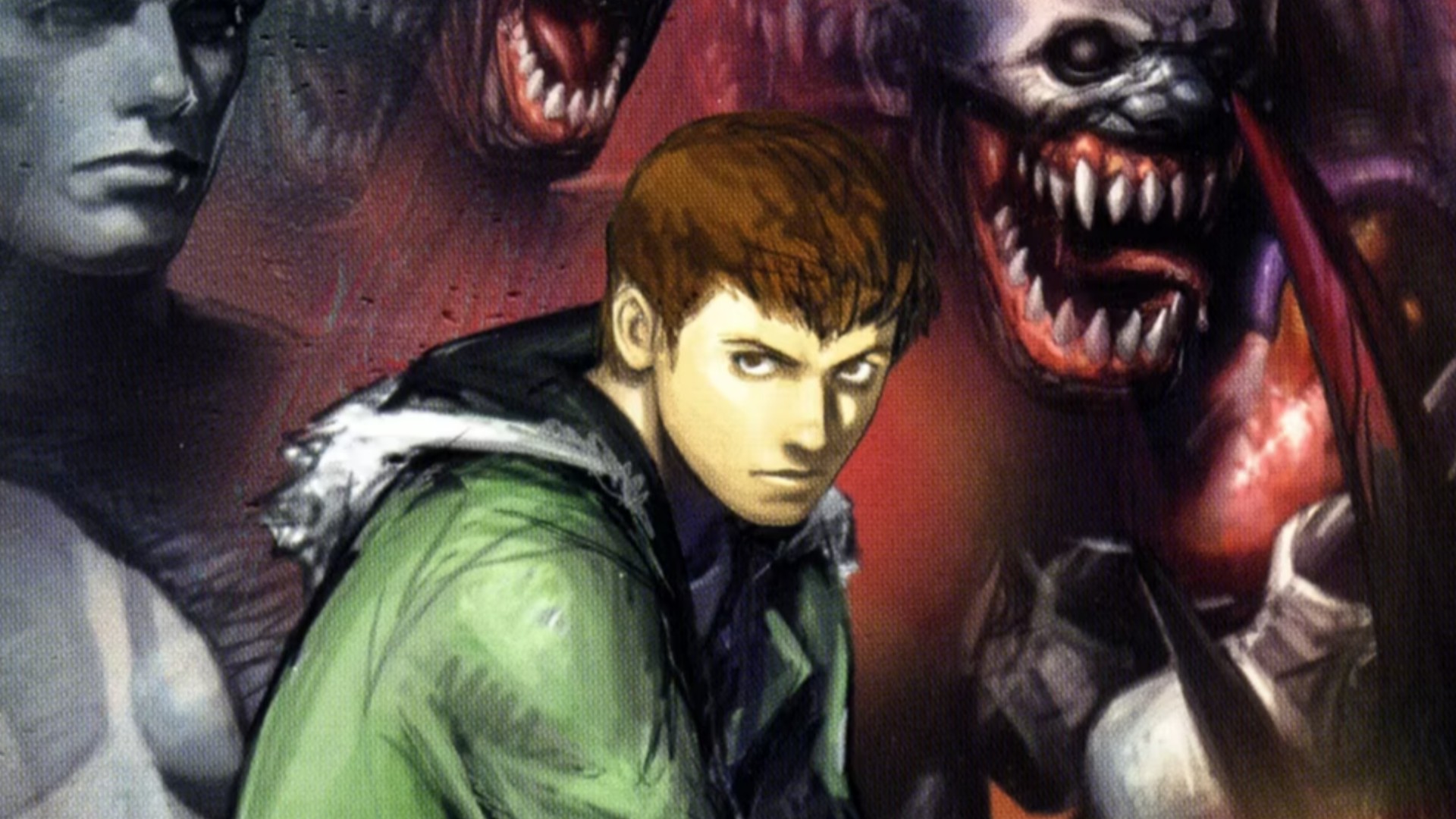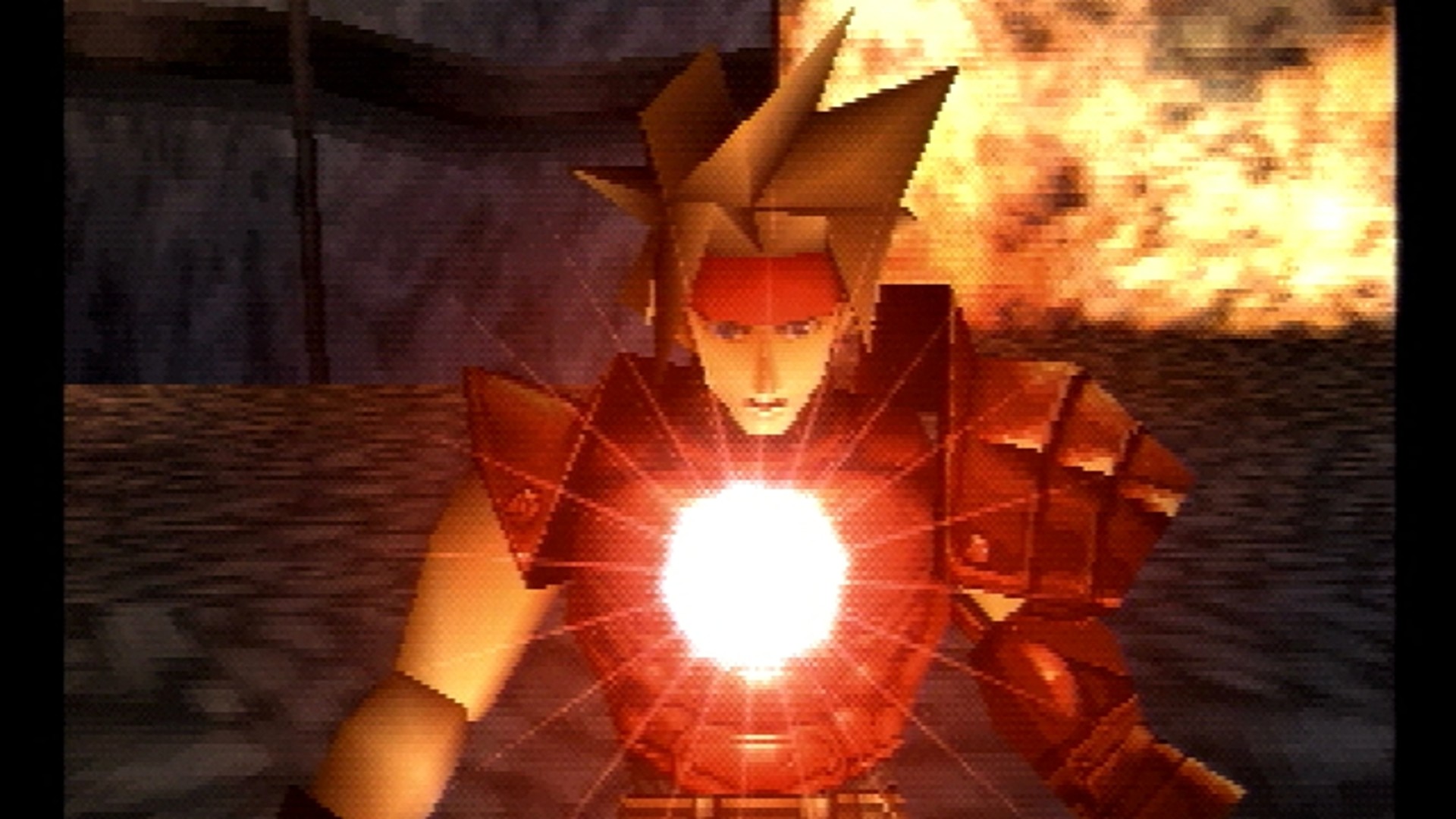Rediscovering the 25-year-old console JRPG whose jaw-dropping CGI cutscenes I once considered the indisputable pinnacle of video game graphics
Opinion | And the biggest question is: How could I possibly forget this bygone PS1 classic?

Towards the end of last year, I wrote about rediscovering the 33-year-old console RPG I spent a year renting from Blockbuster Video after it (optimistically) promised 300 hours of game time. Indeed, Sword of Vermillion – the Sega Mega Drive/Genesis role-player from 1992 – had eluded me for years simply because I could not remember its name. I'd poured dozens of hours into a game that felt years ahead of its competitors, and yet it was the passage of time that'd allowed it to escape from my memory for more than three decades.
I return today with a similarly personal revelation – but instead of rediscovering a game whose title I'd completely forgotten, I'm here to extol the virtues of a game I once loved but had simply forgotten existed: The Legend of Dragoon.
Legendary


21 years later, the best Resident Evil spin-off game is still the most underrated
Those familiar with Japan Studios' bygone role-playing classic might wonder how I could possibly forget. The Legend of Dragoon has since accrued a steadfast cult following since its release at the turn of the millennium, and, as of last year, is now available to play on PS4 and PS5 via the PlayStation Store. But when The Legend of Dragoon first arrived (1999 in Japan, mid-2000 in the US and early 2001 in Europe), it did so in the looming shadow of the Final Fantasy series. The latter made its first significant strides into the western market with Final Fantasy 7 in 1997, Final Fantasy 8 the following year, and Final Fantasy 9 the year after that again. For many, myself included, these games marked the entry point to fully-3D JRPGs on PlayStation's debut console, and so whenever a new face pushed itself to the top, making a splash was easier said than done.
The Legend of Dragoon sought to do so, however, in its opening 30 seconds. Against a whimsical piano melody underpinned by strings and a snare drum, a CGI intro depicted a city burning to the ground. Buildings were obliterated by raining fire, the glass facing of a clock tower was smashed from the inside out, and plumes of thick smoke bellowed before a full moon. An armored cavalry stormed the town's dusty thoroughfare before dismounting, placing a glowing marble above the forehead of a sleeping woman, draining her memories (I think), and then throwing her in jail. It all looked positively beautiful – up there with the best visuals I'd ever seen at that point in time. And I was totally hooked.

"Perhaps that's nostalgia talking, but something that I'm certain is still worth shouting about today is The Legend of Dragoon's combat system"
Even in today's polished and buffed retrospective iteration for modern hardware, The Legend of Dragoon looks like a late '90s/early 2000s 32-bit JRPG in its minute-to-minute makeup – with its blocky, polygonal sprites, and sprawling to-scale world maps – but every time it serves a CGI-powered cut scene it dazzles. I'll often look back at the games whose visuals once bowled me over way back when and question how I was ever so impressed; but I must admit, The Legend of Dragoon's cinematic shorts still look lovely in 2024.
Perhaps that's nostalgia talking, but something that I'm certain is still worth shouting about today is The Legend of Dragoon's combat system. Its tactical trappings let you transform into dragon-like Dragoons to unleash extraordinary powers, while pitting myriad combinations of three combatants with a variety of link-up abilities against foes never gets old. Throw in a genuinely intuitive QTE system – where attacks can leverage "additions", that let you line up blue squares on-screen to deal progressively meatier blows – and every fight, no matter how big or small, feels worthwhile. Story-wise, The Legend of Dragoon's high fantasy, world-saving conceit is hardly unique in the grand pantheon of JRPGs new and old, but its pre-rendered environments perpetuate a charm long lost in modern endeavors. The now defunct Japan Studio has since played a hand in everything from Bloodborne to Rain, Wild Arms and Ghost of Tsushima, but I'd argue Dragoon's world is as enticing as any of the developer's biggest hitters.
And so, if you're a fan of old school role-players, or are curious about what you might have missed a quarter of a century ago, I highly recommend picking up The Legend of Dragoon. It's £8/$10 on the PS Store if you fancy it, or free to download if you're already paying for PS Plus Premium. Moreover, there are loads of longplays on YouTube too if you'd rather simply watch along. "You are free to sever the chains of fate that bind you," so read The Legend of Dragoon title screen, underscoring the typically overzealous call to arms of turn of the millennium RPGs. That's a wee bit too rich for my blood, but I am once more starting The Legend of Dragoon afresh on PS5 in 2024 nevertheless.
Sign up to the GamesRadar+ Newsletter
Weekly digests, tales from the communities you love, and more
Check out some of the best JRPGs of all time

Joe Donnelly is a sports editor from Glasgow and former features editor at GamesRadar+. A mental health advocate, Joe has written about video games and mental health for The Guardian, New Statesman, VICE, PC Gamer and many more, and believes the interactive nature of video games makes them uniquely placed to educate and inform. His book Checkpoint considers the complex intersections of video games and mental health, and was shortlisted for Scotland's National Book of the Year for non-fiction in 2021. As familiar with the streets of Los Santos as he is the west of Scotland, Joe can often be found living his best and worst lives in GTA Online and its PC role-playing scene.


